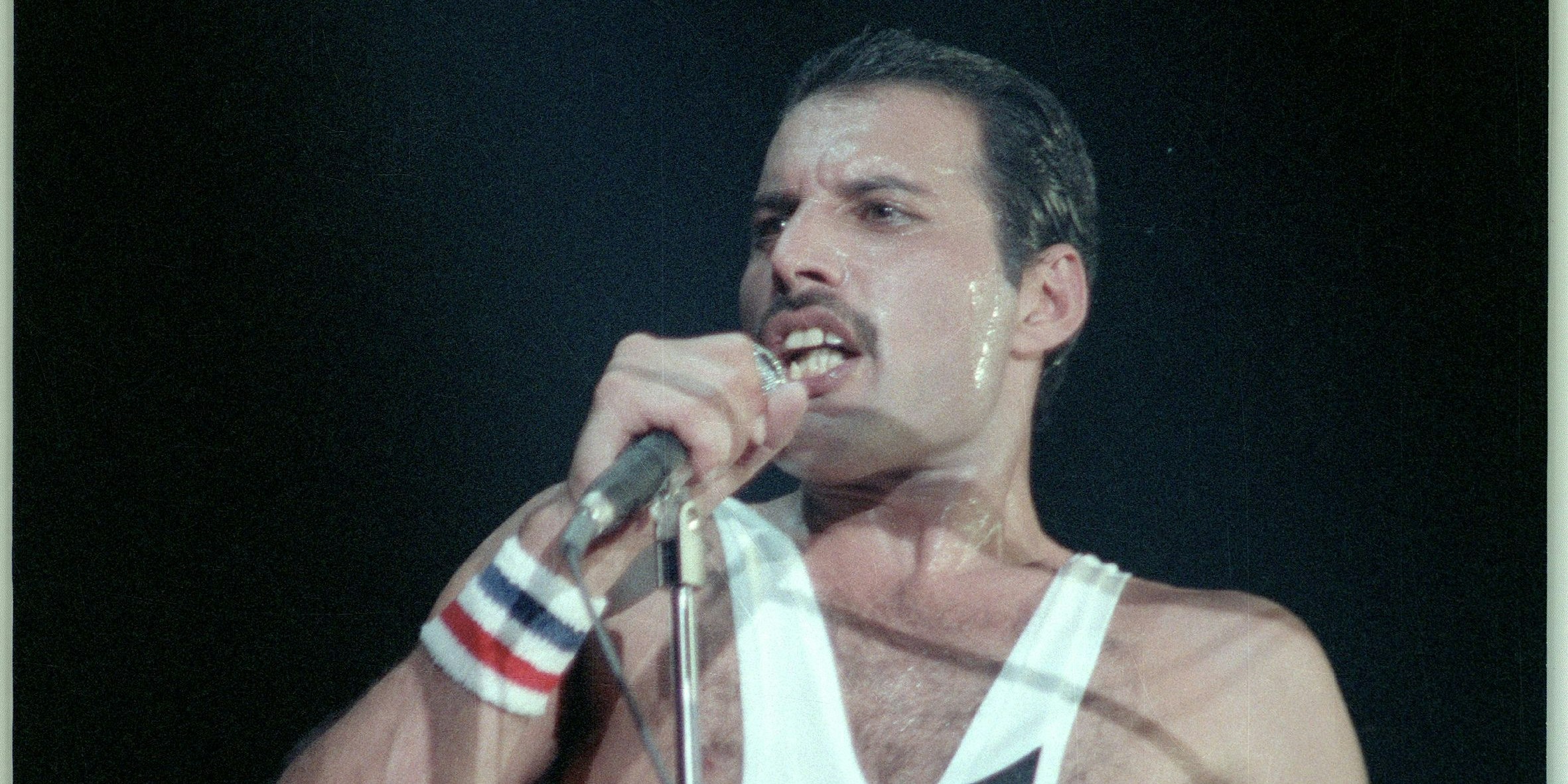When mock documentaries attempt to skewer rock culture, they usually miss the mark entirely. David Kaff’s performance as Viv Savage in This Is Spinal Tap succeeded because he brought genuine musical experience to the satire, creating a character more authentic than many actual rock stars.
Kaff died peacefully in his sleep on July 11, 2025, at age 79, as announced by his bandmates from Mutual of Alameda’s Wild Kingdom. The news hit differently than typical celebrity obituaries—here was someone who’d lived both sides of rock mythology.
The Progressive Rock Foundation
Before anyone knew Viv Savage’s motto, “Have a good time… all the time,” David Kaffinetti was crafting intricate keyboard arrangements for Rare Bird. The progressive rock outfit, which he co-founded in 1969, achieved what many British bands never could: massive European success outside the UK market, making them one of the underrated UK rock acts Americans consistently overlooked.
Their single “Sympathy” reached #27 on UK charts but dominated internationally, hitting #1 in Italy and France. Those million-plus sales came from genuine musical innovation, not marketing hype—the kind of authentic achievement that made Kaff’s later satirical work so effective.
During Rare Bird’s peak years, Kaff demonstrated his versatility across multiple musical styles. This range—from progressive complexity to rock and roll fundamentals—prepared him perfectly for Spinal Tap‘s musical demands.
When Satire Meets Sincerity
Most rock parodies fail because they mock from the outside, creating caricatures that feel mean-spirited rather than affectionate. Consider the countless Saturday Night Live sketches that reduce rock musicians to hair metal stereotypes, or forgettable films like Rock Star that mistake loudness for insight. Even more recent attempts like Popstar: Never Stop Never Stopping, while clever, aim for broader laughs rather than the nuanced humanity found in forward-thinking rock songs that still resonate today
Kaff’s genius lay in understanding that the best satire comes from love, not contempt. Where other mockumentaries like Fear of a Black Hat succeed through exaggerated absurdity, Kaff brought restraint—the most radical choice in a genre built on excess.
Kaff once reflected on playing Viv Savage, explaining that he approached the character authentically: he played him close to his heart, just slightly exaggerated. The performance worked because it wasn’t acting—just a gentle caricature of his actual personality.
This Is Spinal Tap endures because it understood something most rock documentaries miss: the humanity behind the absurdity. Kaff’s gentle, philosophical presence grounded the film’s wilder moments, making the satire feel affectionate rather than cruel.
After This Is Spinal Tap’s release, Kaff performed with the fictional band only briefly before stepping away from the project. Unlike his bandmates, who continued touring as Spinal Tap, Kaff understood when to step away from the joke before it became stale.
The Authenticity Paradox
David Kaff proved you could take music seriously while never taking yourself too seriously—a lesson more musicians should embrace. In an era where rock stars often seem more like brand managers than artists, his approach feels revolutionary: be genuine about your craft, but don’t mistake yourself for a prophet.
The man who made fake rock feel real understood something fundamental about performance: authenticity isn’t about being serious all the time. Sometimes the most honest thing you can do is smile at the absurdity of it all and have a good time.


























